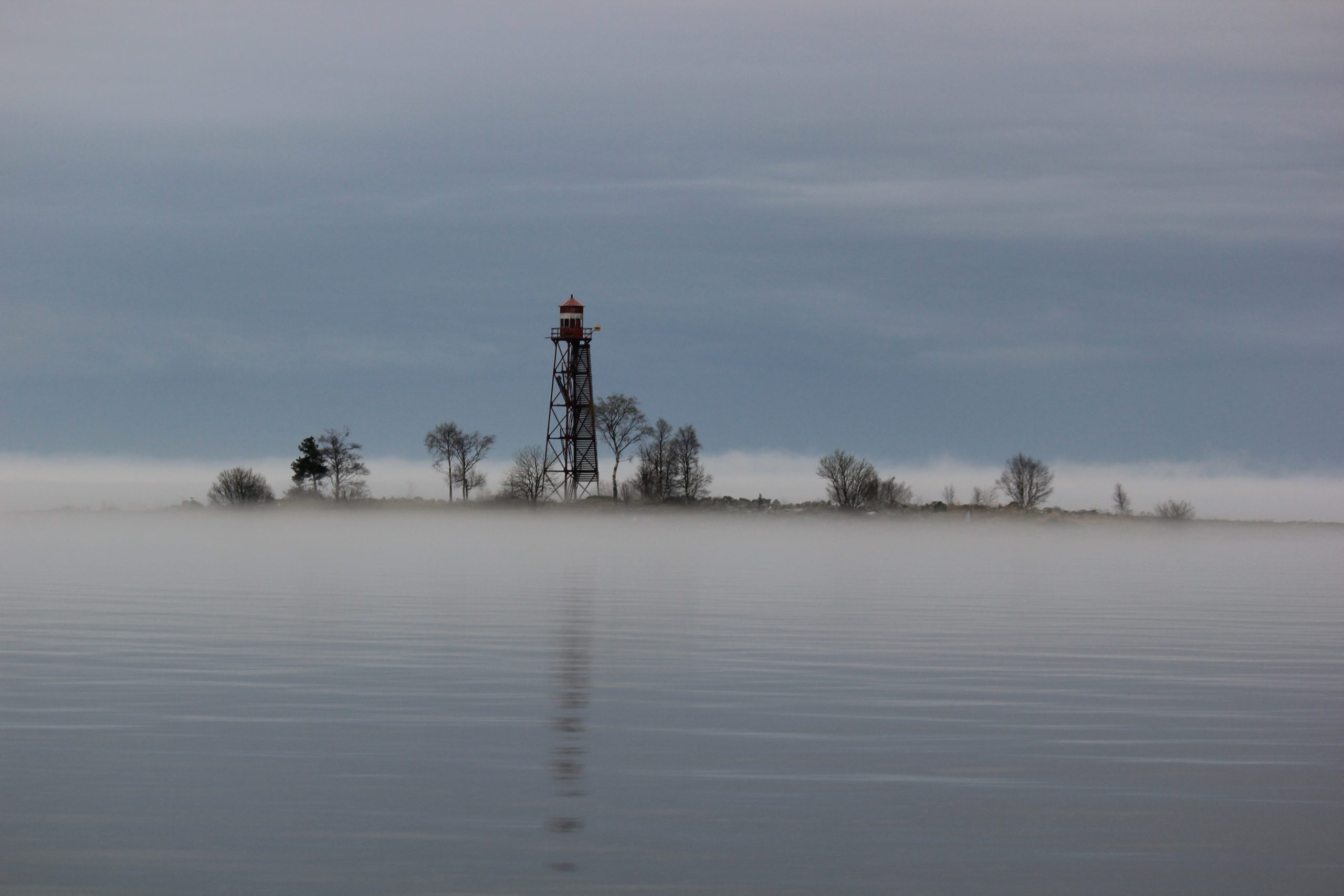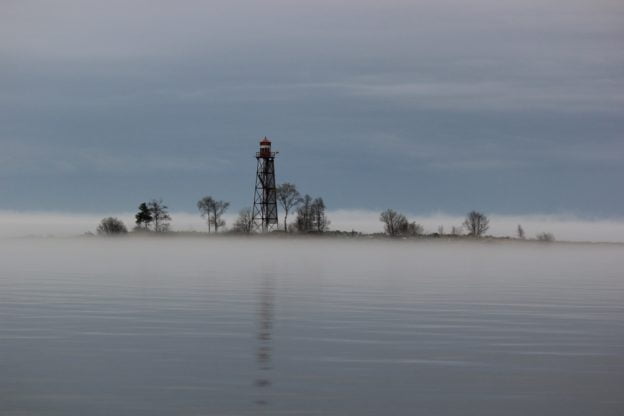Climate change impacts stormwater. Heating of the atmosphere increases storm energy and evaporation. Increased storm energy has the potential to produce larger and more intense precipitation events which can produce more stormwater runoff and larger floods. Engineers design facilities and make predictions based on the observation and modeling of past hydrologic events. This is based on the unspoken assumption that future events will be similar to past events when measured in terms of frequency, duration, and magnitude. Is this a good assumption?
Join Stormwater University as speaker Douglas Beyerlein (PE, PH, D.WRE) discusses how climate change impacts stormwater runoff, how to account for these changes in the design of stormwater and flood control facilities, and how secondary effects such as sea level rise indirectly impact stormwater runoff.
Learning Objectives:
- Understand how climate change impacts stormwater runoff
- State the changes that need to be included in calculating stormwater
- Explain the impact of climate change on flood frequency and stormwater facility design
- Examine how to mitigate the impacts of climate change on flooding and low flows
- Identify which secondary effects of climate change can indirectly influence stormwater runoff
About Instructor






